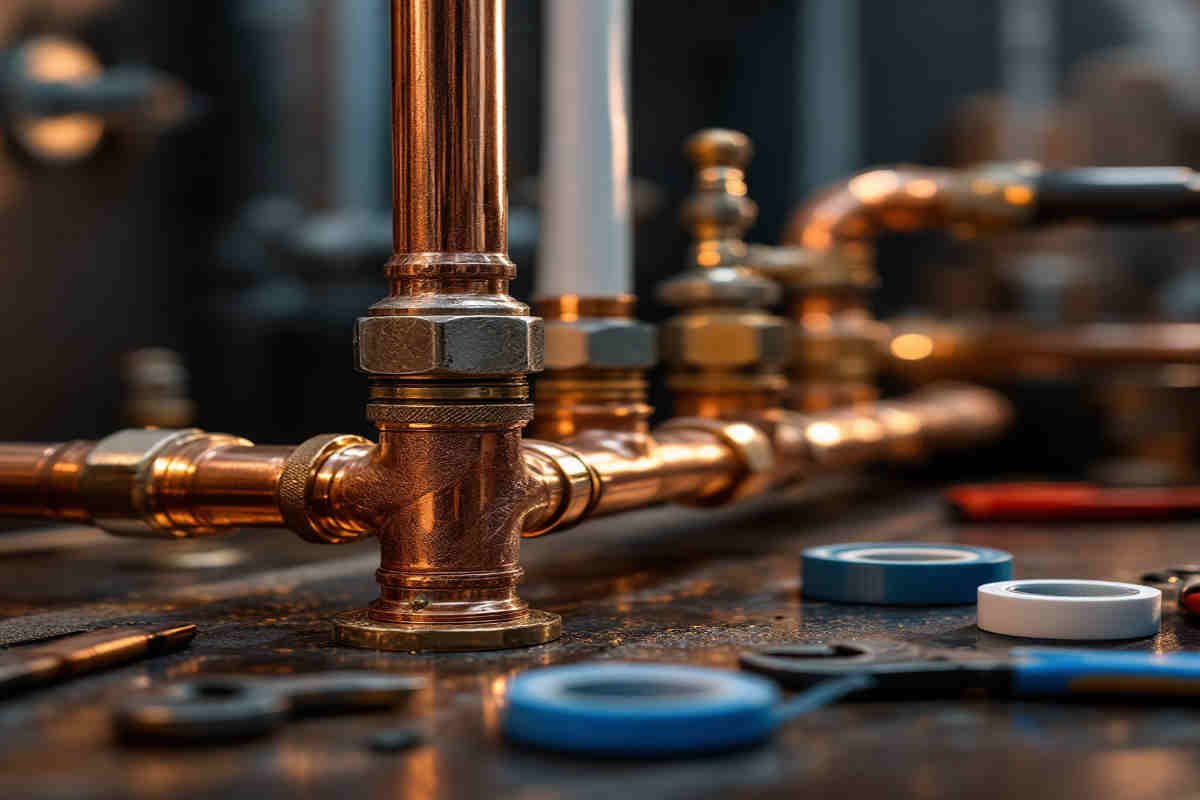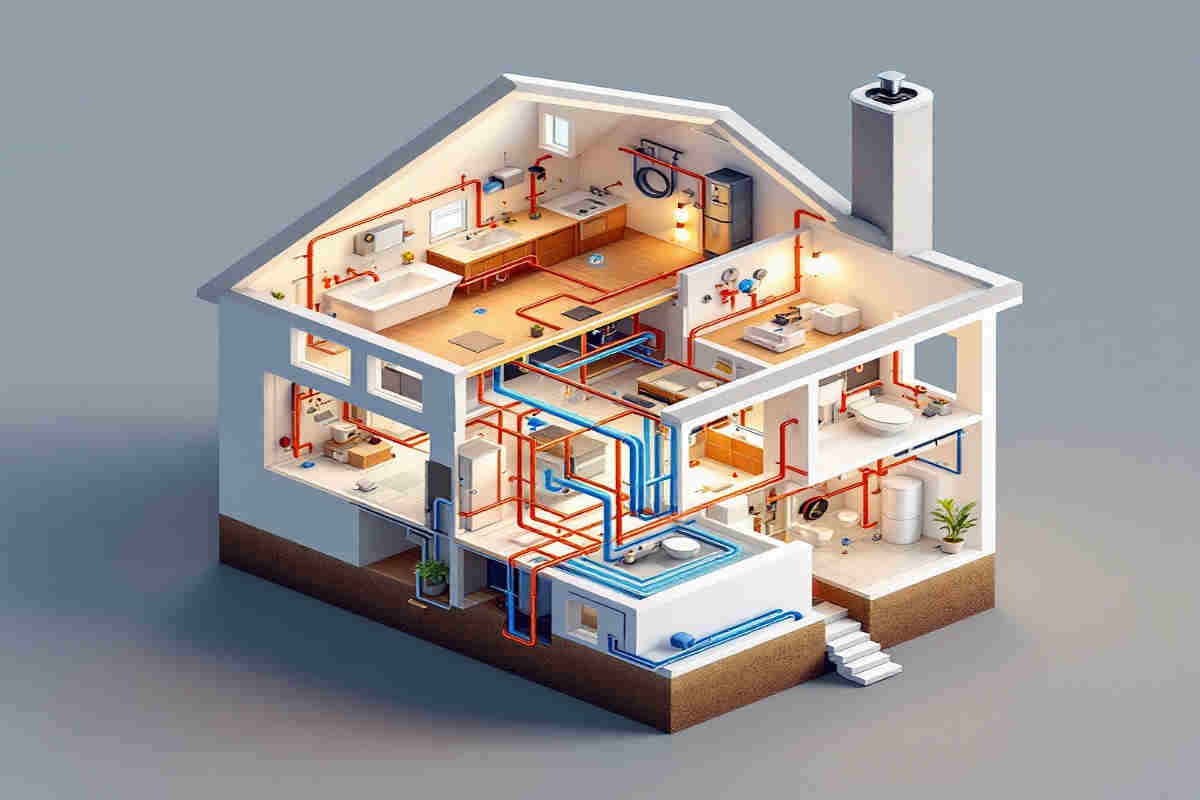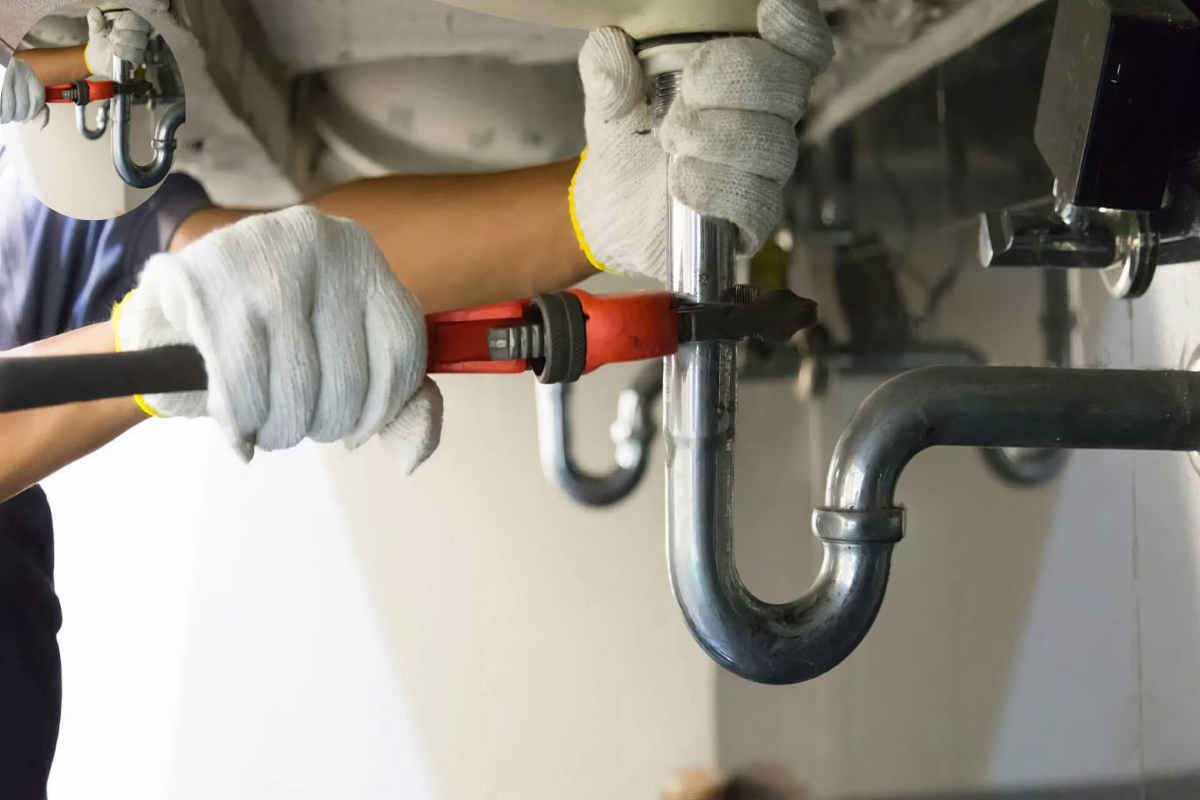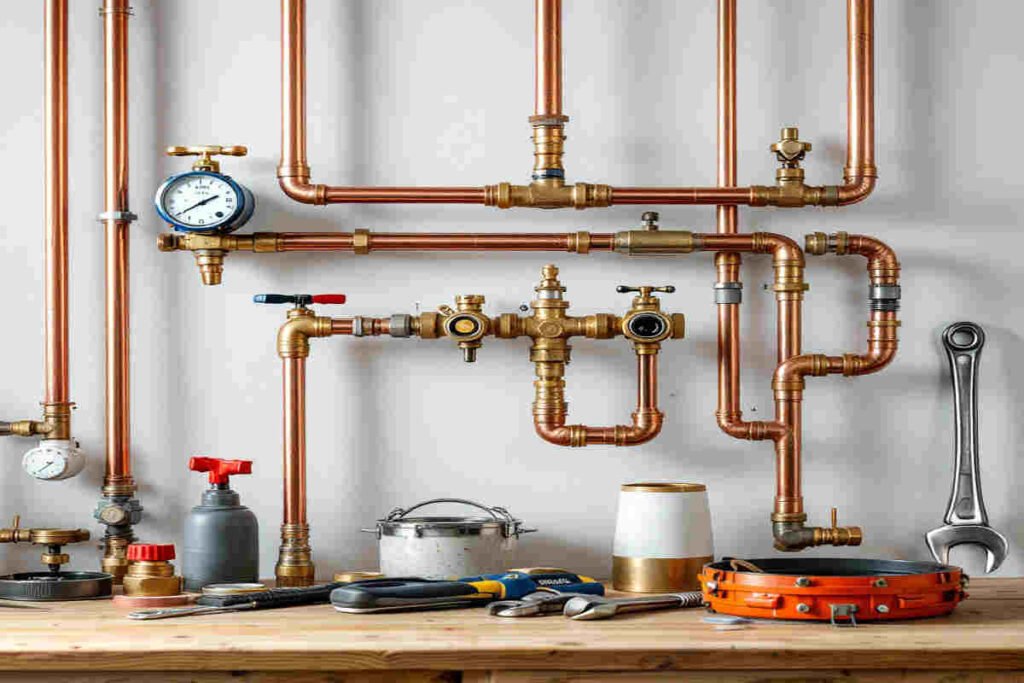Understanding who is responsible for home plumbing repairs in a rental property is crucial to maintaining a functional landlord-tenant relationship. Misunderstandings about these responsibilities can lead to disputes, financial stress, and legal challenges. So, are tenants responsible for home plumbing repairs? The answer depends on various factors, including legal frameworks, the repair’s nature, and the tenancy agreement’s terms.
Understanding Legal Responsibilities in Rental Agreements
Regarding plumbing repairs in rental properties, the question of responsibility often boils down to what’s outlined in the lease agreement and governed by local laws. Let’s break this down.
What Does the Law Say?
In most regions, landlords are generally required to ensure the property remains habitable. This includes maintaining functional plumbing systems. However, the specifics of who is responsible for what can vary.
- Habitability Laws: Many jurisdictions have laws requiring landlords to provide a safe and livable environment. Functional plumbing is a core part of this.
- Tenancy Agreements: The lease agreement is the most critical document in determining responsibilities. It often includes clauses specifying who handles repairs and maintenance.
- Key Legal Terms: Understanding terms like “habitability,” “maintenance,” and “repairs” is essential. While “habitability” refers to the landlord’s obligation to provide a livable property, “maintenance” and “repairs” may include tasks that are shared between landlords and tenants.
Why Clarity in Rental Contracts Matters
A well-written lease agreement minimizes confusion. It should clearly define which party is responsible for:
- Routine maintenance
- Emergency repairs
- Cost-sharing in specific scenarios
Without clear terms, disputes are more likely to arise, leading to potential legal action.
The Landlord’s Plumbing Responsibilities
Landlords play a crucial role in maintaining the overall functionality of a rental property, especially when it comes to plumbing systems.
You may also read (white house plumbing).
What Landlords Must Legally Repair
Landlords are responsible for major plumbing systems and issues affecting the property’s habitability. These include:
- Pipes and Water Supply Systems: Leaking or burst pipes are generally the landlord’s responsibility.
- Water Heaters: Ensuring tenants have access to hot water is a critical requirement.
- Sewer Lines and Main Drains: Any blockage or failure in these systems falls under the landlord’s domain.
- Compliance with Building Codes: Landlords must ensure that plumbing systems meet safety and building standards.
Examples of Landlord Obligations
- Fixing a central pipe burst that causes water damage.
- Repairing or replacing a malfunctioning water heater.
- Addressing sewer backups that are not caused by tenant misuse.
By law, landlords must promptly address such issues to avoid further damage and ensure tenant safety.
The Tenant’s Plumbing Responsibilities
While landlords handle major repairs, tenants also have specific responsibilities regarding the upkeep of plumbing systems.
Routine Maintenance and Minor Repairs
Tenants are typically responsible for minor plumbing issues and preventive maintenance. This includes:
- Clearing Minor Clogs: If a sink or shower drain is clogged due to hair or soap buildup, tenants must address it.
- Proper Disposal Habits: Avoid flushing inappropriate items like wet wipes or grease.
- Basic Repairs: Small tasks like replacing a faucet washer or using a plunger to clear a toilet clog.
Reporting Problems Promptly
Tenants must report any plumbing issues to the landlord as soon as possible. Delays in reporting can lead to more significant damage, for which the tenant may be held liable.
Examples of Tenant Responsibilities
- Using a plunger to clear a toilet clogged with toilet paper.
- Cleaning sink or shower drains regularly to prevent blockages.
- Avoiding misuse of fixtures, such as over-tightening faucets.
Common Scenarios: Who Pays for What?
Determining responsibility often depends on the specific situation. Here’s a breakdown of common plumbing issues and who is typically responsible:
Plumbing Issue: Tenant Responsible?Landlord Responsible?
Central pipe burst No Yes
Routine drain cleaning: Yes No
Sewer line backup (not tenant’s fault) No Yes
Clogged toilet (tenant misuse) Yes No
Water heater failure No Yes
Leaky faucet (minor repair) Yes No
Plumbing damaged by tenant negligence: Yes No
The Role of Negligence and Misuse
When Tenants Become Responsible
Negligence or misuse can shift the responsibility for plumbing repairs onto the tenant. Examples include:
- Flushing inappropriate items (e.g., diapers, sanitary products).
- Failing to report leaks promptly leads to extensive damage.
If a landlord can prove that the tenant’s actions or inactions caused the issue, the tenant may be required to pay for the repair.
Consequences for Tenants
- Repair Bills: Tenants may be charged for damages caused by negligence.
- Eviction Risks: Repeated negligence or failure to address issues could lead to eviction.
How to Handle Plumbing Problems: Step-by-Step Guide
Here’s a practical guide for both tenants and landlords to manage plumbing issues effectively.
For Tenants
- Identify the Problem: Determine if you can handle a minor issue or a significant repair requiring landlord intervention.
- Report Promptly: Notify your landlord immediately, preferably in writing or via email.
- Document the Issue: Take photos or videos to provide evidence if needed.
- Avoid DIY Fixes for Major Repairs: If unsure, don’t attempt a repair that could worsen the problem.
For Landlords
- Respond quickly: Address tenant complaints promptly to prevent further damage.
- Hire Reliable Professionals: Work with licensed plumbers to ensure quality repairs.
- Keep Records: Document all repair requests, communications, and completed work.
- Schedule Preventive Maintenance: Regular checks can help identify and address potential issues before they escalate.
Legal Differences by Region
Plumbing repair responsibilities can vary significantly by region. For example:
- United States: Habitability laws require landlords to address major plumbing issues.
- United Kingdom: Landlords must ensure water supply systems are functional, but tenants may handle minor repairs.
- European Union: Specific tenant rights and responsibilities differ by country.
Always check your local regulations and rental contract for precise guidance.
What Should Be in Your Tenancy Agreement?
A comprehensive tenancy agreement can prevent disputes. Key clauses to include:
- Responsibilities for routine maintenance and emergency repairs.
- Procedures for reporting and addressing repairs.
- Terms for cost-sharing in specific situations.
Tips for a Smooth Landlord-Tenant Relationship
- Communicate Effectively: Keep open lines of communication.
- Maintain Records: Both parties should document communications and repair work.
- Perform Regular Inspections: Identify issues before they escalate.
- Seek Legal Advice: If disputes arise, consult a professional to resolve them.
You may also read (mastering home plumbing)

